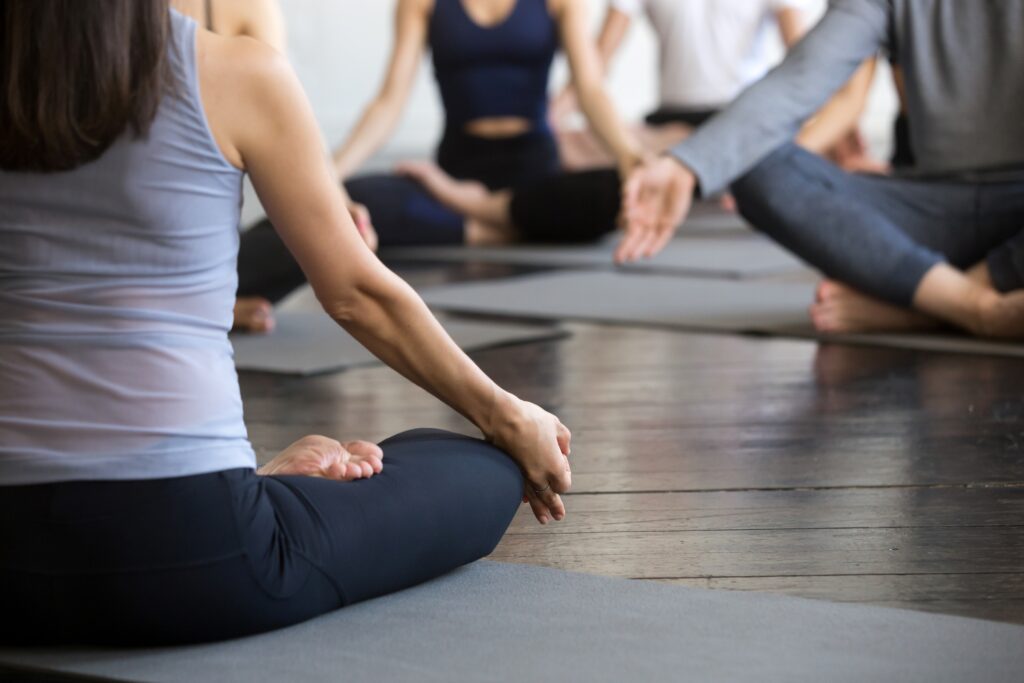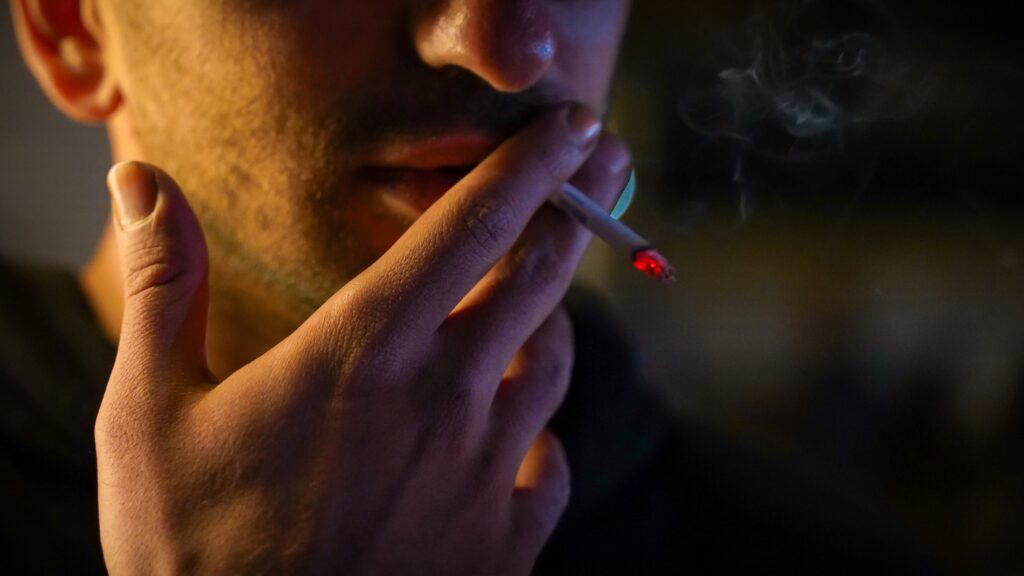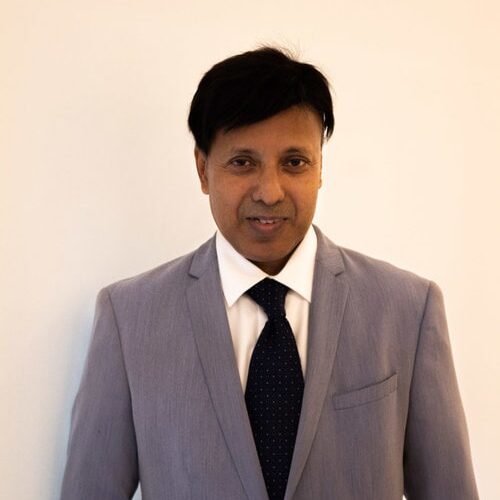Through this podcast episode, it is my aim to equip you with essential tools and techniques that can help overcome habits you may feel you can’t let go of.

To begin with, let’s understand the difference between habits and addictions, words that have come to be used interchangeably: While habits are repetitive actions that often occur unconsciously, addictions involve a compulsive and uncontrollable urge to engage in certain behaviours or substances, despite understanding the adverse consequences of doing so. Exploring the connection between the two provides valuable insights into effective approaches for conquering addiction and fostering lasting behavioural change.
Understand the difference

Understanding the nuances between habits and addictions is essential in implementing targeted interventions. While both are repetitive behaviours, the key differentiator, as I mentioned above, lies in the level of control an individual has over the behaviour. With habits, individuals possess the ability to choose whether or not to engage in the behaviour, whereas addiction involves a loss of control and an overpowering urge to continue the behaviour, even in the face of negative outcomes. This differentiation forms the foundation for developing effective strategies for change.
According to developmental neuroscientist Marc Lewis, addiction and habits may have similar underlying causes. He believes that addiction occurs when we repeatedly chase attractive goals and ignore other important things. This different perspective challenges what we usually think and helps us understand addiction better by comparing it to habits.
In his captivating book The Power of Habit, Charles Duhigg delves into ground-breaking scientific research that unravels the mysteries of habits and unveils the potential for change. Through compelling stories that span from the boardrooms of corporate giants like Procter & Gamble to the inspiring moments of the American civil rights movement, Duhigg provides a fresh perspective on human behaviour while making the case that understanding the mechanisms of habits is key to unlocking the secrets to better fitness, enhanced productivity, and ultimately to achieving success. One easy piece of advice Duhigg recommends is rewarding oneself.
Also listen to: When the brain misfires- Understanding psychiatric illnesses
Form habits that serve you well
Duhigg says that by consciously designing a system of rewards, we can create positive associations with desired behaviours and increase our likelihood of sticking to them.
For instance, let’s say you’ve set a goal to exercise regularly. Instead of considering it as a chore, you can create a reward system to make it more enjoyable and incentivise your progress. After completing each workout, you could treat yourself to something you genuinely enjoy, such as watching an episode of your favourite TV show, indulging in a small piece of dark chocolate, or taking a relaxing bath. By associating the reward with the act of exercise, you reinforce the positive behaviour and make it more enticing.
Similarly, in the realm of productivity, rewarding yourself for completing challenging tasks or achieving milestones can be highly effective. After finishing a demanding project, you might reward yourself with a short break to engage in a hobby you love, such as playing a musical instrument, reading a chapter of a captivating book, or going for a walk in a garden. These rewards provide a sense of satisfaction and rejuvenation, making the work process more enjoyable and reinforcing the habit of productivity.
Genes and environment may shape addictions

Ayurvedic practitioner and consultant Dr Doja Purkit said, on my podcast, that addiction often originates from childhood memories and absorbed negative habits. Traumas and environmental influences play a significant role in shaping addictive behaviours. Recognising the impact of these formative experiences allows individuals to delve into the underlying causes of addiction and this paves the way for transformative change. Understanding the interplay between genetic predisposition and environmental factors empowers individuals to address addiction from a holistic perspective.
By taking a comprehensive approach that addresses both aspects, individuals can empower themselves to make positive changes, overcome addiction, and lead fulfilling lives. For example, you could surround yourself with a supportive network. This would help foster connections with individuals who support your journey towards sobriety and well-being. Or you could try turning your home into a sanctuary by removing any substances that may trigger addictive behaviours, and by surrounding yourself with positive influences, and establishing a routine that supports healthy habits. It’s also important to prioritise self-care activities that promote relaxation, self-reflection, and emotional well-being. This can include engaging in hobbies you enjoy, practising self-compassion, setting boundaries, and taking time for activities that recharge and rejuvenate you.
Also listen to: Behind the #InstaLife- Balancing social media and emotional well-being
Breathwork can help

“Singing or chanting can serve as substitutes for the pleasure associated with sugary foods, helping to break the habit. Alternatively, engaging in activities like dancing can provide a sense of pleasure that helps redirect your focus away from sugar cravings.”
Dr Doja Purkit, Ayurvedic practitioner and consultant

“Singing or chanting can serve as substitutes for the pleasure associated with sugary foods, helping to break the habit. Alternatively, engaging in activities like dancing can provide a sense of pleasure that helps redirect your focus away from sugar cravings.”
Dr Doja Purkit, Ayurvedic practitioner and consultant
Breathwork has emerged as a powerful tool in the journey towards conquering addiction. Scientific studies have shown that breathwork techniques can promote relaxation, reduce stress, and enhance emotional well-being. By incorporating mindful breathing exercises into daily routines, individuals can reconnect with their bodies, manage cravings, and build resilience to overcome addictive behaviours.
Dr Purkit offers another interesting perspective on habits and addictions. To break free from addiction, he says, it is important to start by listening to your cravings and understanding their underlying causes. “Take a moment to reflect on what you are truly craving and the repetitive patterns of your mind. Once you gain clarity on your cravings, you can begin to take steps to eliminate them,” he says.
“For example, let’s consider the craving for sugar. Sugar cravings often arise due to the body’s acidity, leading to a need for instant energy. To address this, you can make dietary changes to alkalise your body and create a more balanced internal environment. Additionally, incorporating sources of happiness and fulfilment into your life can help alleviate sugar cravings,” Dr Purkit suggests.
Adding that habits are related to activities one associates with pleasure and that creating happiness involves cultivating a positive mindset and finding activities that bring you joy, Dr Purkit says, “Singing or chanting can serve as substitutes for the pleasure associated with sugary foods, helping to break the habit. Alternatively, engaging in activities like dancing can provide a sense of pleasure that helps redirect your focus away from sugar cravings.”
Also listen to: The Dancing Brain- Sharpen your mind
By understanding the root causes of your cravings, making dietary adjustments, and finding healthy substitutes for addictive habits, you can take proactive steps towards overcoming addiction and conquering the habits that hurt you. Incorporating strategies from experts like Dr Purkit can be your first step towards fostering lasting change. Whether through self-reflection, seeking support, or embracing such techniques, the path to conquering addiction and transforming habits will then become an empowering journey of personal growth and well-being.

